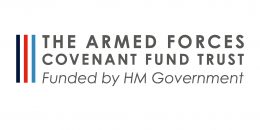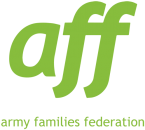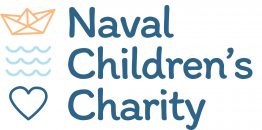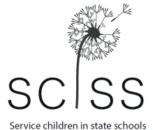Thriving Lives in Higher Education: A Landmark Launch Event Showcases Groundbreaking Research
Posted in News
Nearly 40 delegates gathered in London on the 18th June for a landmark event marking the launch of the Thriving Lives in Higher Education Research Report, a pivotal moment in the Thriving Through Childhood and Beyond project. The event brought together researchers, practitioners, policymakers, and stakeholders from across the UK to explore how universities can better support students from Armed Forces families.
This milestone occasion not only unveiled new research findings but also celebrated the significant progress being made toward a comprehensive 0–25 suite of Thriving Lives resources. With the Higher Education strand now taking shape, we are one step closer to our goal of supporting Service children throughout their entire educational journey.
Clare Scherer MBE, CEO of the Naval Children’s Charity, warmly welcomed participants and reflected on the power of collective effort in supporting Armed Forcesconnected young people. She also expressed heartfelt thanks to The Armed Forces Covenant Fund Trust, whose generous support has made the Thriving Through Childhood and Beyond project possible. Led by the Naval Children’s Charity in partnership with the SCiP Alliance, this ambitious initiative is driving forward lasting change across the education sector.
Powerful Insights from Research
Dr Amanda Carr and Elizabeth Spruin from the ACCESS Learning team presented key findings from their latest study, offering new data on the strengths, needs, and systemic challenges facing Armed Forces-connected students in Higher Education. Their research, commissioned by the SCiP Alliance, highlights both the barriers these students encounter and the opportunities to create more inclusive university environments.
“The evidence paints a compelling picture,” said Dr Carr. “Service children bring unique strengths to university life, but more can be done to support their transitions, wellbeing, and sense of belonging.
Expert Panel and Engaged Discussion
Chaired by Dr Liam Satchell, the expert panel prompted a dynamic and thought-provoking discussion. Contributors included:
- Dr Gus Ryrie, Liverpool John Moores University
- Sarah Harder-Collins, University of Winchester
- Jessica Lee Smith, Swansea University & Centre for Military Gambling Research
- Ellie Rowley, UCAS
- Rachael Edgar, Higher Education Access Tracker (HEAT)
Attendees engaged with the panel through a rich Q&A session, exploring key recommendations for improving practice and collaboration across the HE sector.
Interactive Workshop and Calls to Action
The second half of the event featured an interactive workshop where delegates examined practical ways to implement change. Conversations centred around who needs to be involved, what levers exist within institutions, and how the sector can move from research to action.
Inspiring Close and a Shared Vision
Philip Dent, Director of the SCiP Alliance, closed the event with a call to action: “Service children are remarkable young people with huge potential to contribute to university life. By enhancing the work we’re doing and making some simple changes, we can unlock that potential. That’s an exciting prospect.”
Download the Event Slides
HE Research Report Event Slide Deck
Next Steps
With momentum building, the SCiP Alliance continues to encourage institutions and individuals across the education sector to engage with the findings, use the toolkit once its launched, and commit to meaningful, sustainable support for young people from Armed Forces families.
Download the report and learn more about the Thriving Lives Toolkit for Higher Education here.
Get involved in shaping the future of support: SCiP Alliance Community Consultation 2025





























